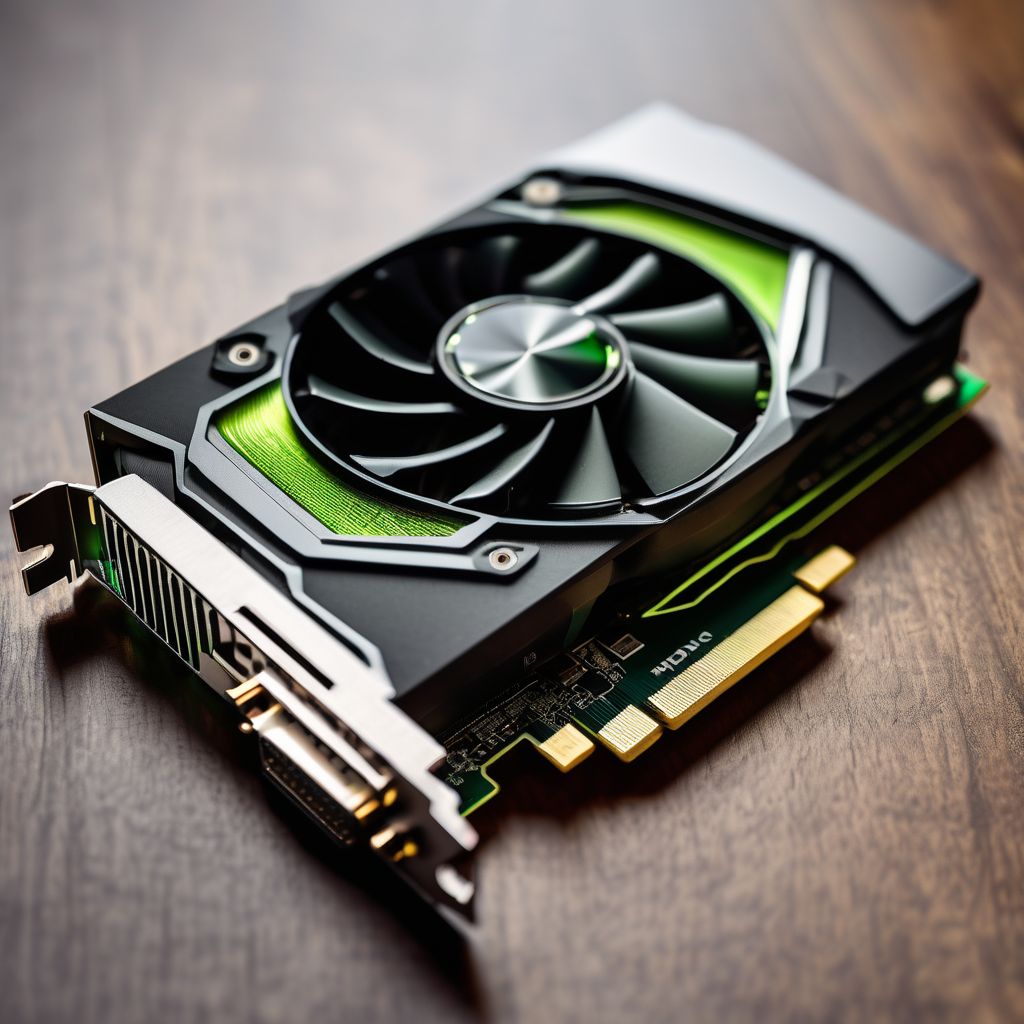As the recent government shutdown concludes and the Federal Reserve’s next meeting is a month away, all eyes are once again on Nvidia. The tech giant, known for its leadership in artificial intelligence (AI) chip production, is set to release its earnings report next Wednesday after the market closes. This announcement comes at a pivotal time for the stock market, which has shown signs of weakness within the technology sector this month.
In midday trading on Friday, the Dow Jones Industrial Average was reflecting a weekly gain of 0.6%, while the S&P 500 was up 0.3% since last week, with the Nasdaq Composite experiencing only a minimal 0.2% weekly loss. However, monthly performance tells a different story, with the S&P 500 and Nasdaq down 1.5% and 3.6%, respectively, as of Thursday’s close. The Dow has performed better, benefitting from a shift in investor focus towards more traditional, established companies, rather than tech stocks.
Investors are increasingly cautious regarding AI investments, driven by fears of a potential “AI bubble.” Prominent figures, including Bill Gates, Michael Burry, and Jim Chanos, have raised concerns about the long-term viability of the massive investments directed into AI. Nvidia’s upcoming results could play a crucial role in stabilizing these anxieties, as the company’s performance is often seen as an indicator of broader market health. It currently holds the largest weighting in the S&P 500, constituting roughly 8% of the index.
Despite facing an almost 8% decline this month, Nvidia’s stock has surged 39% year-to-date through Thursday, elevating its status as not just a leader in AI chips but also as a key player in market sentiment. Economic strategist Hardika Singh from Fundstrat Global Advisors has highlighted that Nvidia could help alleviate some of the recent downturn in the tech sector. The expectation on Wall Street is high, with analysts predicting remarkable results fueled by recent partnerships and investments, including a substantial $100 billion commitment to OpenAI and a $5 billion collaboration with Intel on AI processors.
However, skepticism remains prevalent. Michael Burry accused major tech firms of using questionable accounting practices to boost their profit reports from the AI sector. Following SoftBank Group’s decision to sell its entire stake in Nvidia, which accounted for about $6 billion, shares dipped by 10%. Market analysts are suggesting a reallocation of investments from tech-heavy portfolios to sectors like healthcare and financials that may offer more attractive valuations.
Amidst this cautious sentiment, some strategists, such as Singh, remain optimistic about tech stocks, viewing any pullback as an opportunity to invest in companies leading the charge in innovation. As the market anticipates Nvidia’s performance, alongside the Federal Reserve’s release of minutes from its October meeting next Wednesday, traders will closely monitor developments that could influence overall market trends moving forward.
In essence, Nvidia’s earnings report holds significant potential to impact not just its own stock but also the broader health of the tech market, making it a focal point in the upcoming week.
